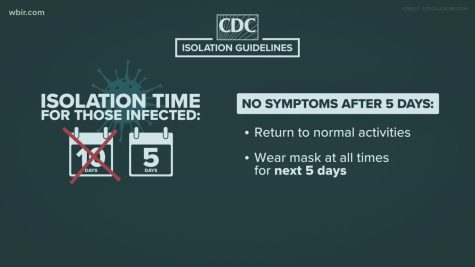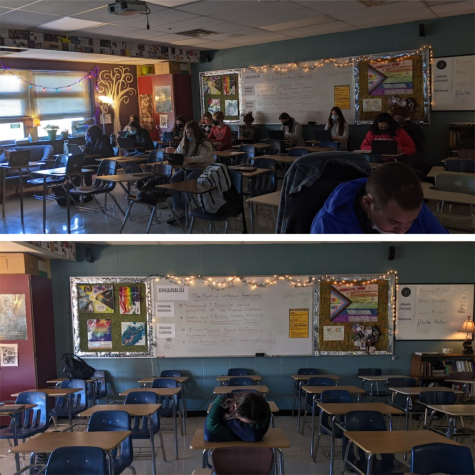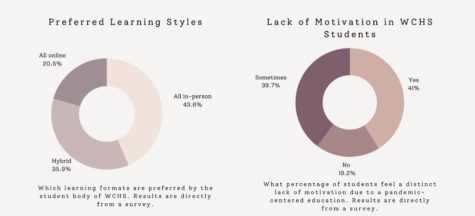Misconceptions of Coronavirus Covid-19
A look at some of the most common misinformation of the novel coronavirus.
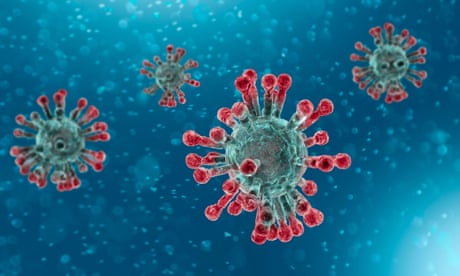
Graphic of the Covid-19 coronavirus
While a novel coronavirus or Covid-19 is spreading across our country, misinformation is as well. A pandemic of this caliber is unlike anything most people have experienced. Naturally, it has caused some anxiety among many. There are a lot of unknowns with this coronavirus because it is new to us. This has allowed people to more easily become vulnerable to false or misleading information. In times like these, we often turn to the news or social media for answers. While is okay, it’s important to be able to discern the difference between what is true and what is false.
Common Misconceptions
Coronaviruses are new
Coronaviruses have been around for a long time. They are characterized as viruses that cause diseases in both mammals and birds. In humans, coronaviruses cause respiratory tract infections that are often mild. For example, some cases of the common cold can be caused by a coronavirus. Specific coronaviruses such as SARS, MERS, and of course, COVID-19 can have worse consequences. Covid-19 itself is new, but not the family of viruses it belongs to.
Covid-19 only severely affects the elderly or immunocompromised
For a long time, this was a common thought. While this virus definitely has severely affected much higher numbers of elderly and immunocompromised, we are starting to see younger people ending up in critical condition from the virus. To read more about one of these specific cases, click here. While these cases are very rare, it’s important to be reminded that even those who are younger can still be impacted by this virus. This is one of the reasons social distancing is so important. Age has nothing to do with susceptibility to the coronavirus. Most likely, if you get it, you will be sick for a couple of days and then get over it. However, you do risk spreading it to someone who might have a harder time fighting it off.
Covid-19 will go away once it gets warmer in the spring
Many viruses tend to spread more in the winter, but that doesn’t mean they completely go away once we get into spring. Since this particular coronavirus is so new, scientists don’t know how warmer weather will affect the spread.
Covid-19 originated in a lab in China
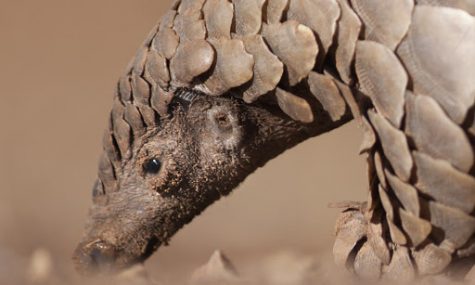
A picture of a pangolin, a type of anteater that is thought to be a possible source of Covid-19.
While the exact origins of Covid-19 are unknown, scientists suggest that this virus more than likely has animal origins. This virus is most genetically similar to coronaviruses that have been found in bats and pangolins. For a more in-depth explanation of this topic, visit here.
Covid-19 is airborne
As far as scientists know, Covid-19 is not airborne. You can’t get the virus by breathing the same air as someone who is sick. This virus is transmitted through an infected person coughing or sneezing, or through saliva.
Covid-19 is like the flu
Many compare the coronavirus to the flu because they have similar symptoms such as fever, coughing, runny nose, and sore throat. However, the difference lies in the mortality rate of the two illnesses. Technically, so far, we have had a more deadly flu season, but this is because many more people get it. According to an estimate by the CDC, this flu season alone, more than 22-31 million people have been diagnosed with the flu. There is approximately a .1% mortality rate associated with the flu. As of March 25th, approximately 438, 749 people have been diagnosed with Covid-19. So far it is unknown what the exact mortality rate is for Covid-19, however, the WHO has estimated that it has killed 3.4% of the people who have gotten it so far. In reality, this rate could be below or above this number, however, if the same amount of people who have gotten the flu this year were to contract Covid-19, the death toll would still be staggering.
As we continue to face the challenges brought by this pandemic, it’s important to stay informed. This is a rapidly changing situation, and the only thing we can do to slow it down is to continue the practice of social distancing. It is absolutely necessary to prevent spreading this virus to people who can’t fight it off. People across the world have had to put their lives on hold; don’t let that be in vain. Do your part as well.

Ashlyn Martin is a senior at WCHS and this is her second year writing for The Jacket Journal. She finds The Jacket Journal to be a great outlet for her...





